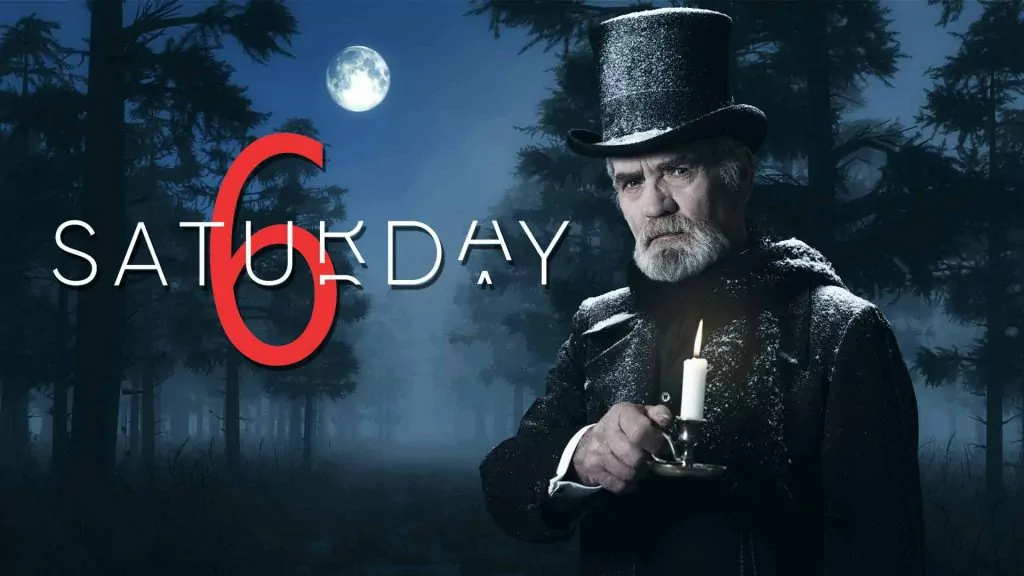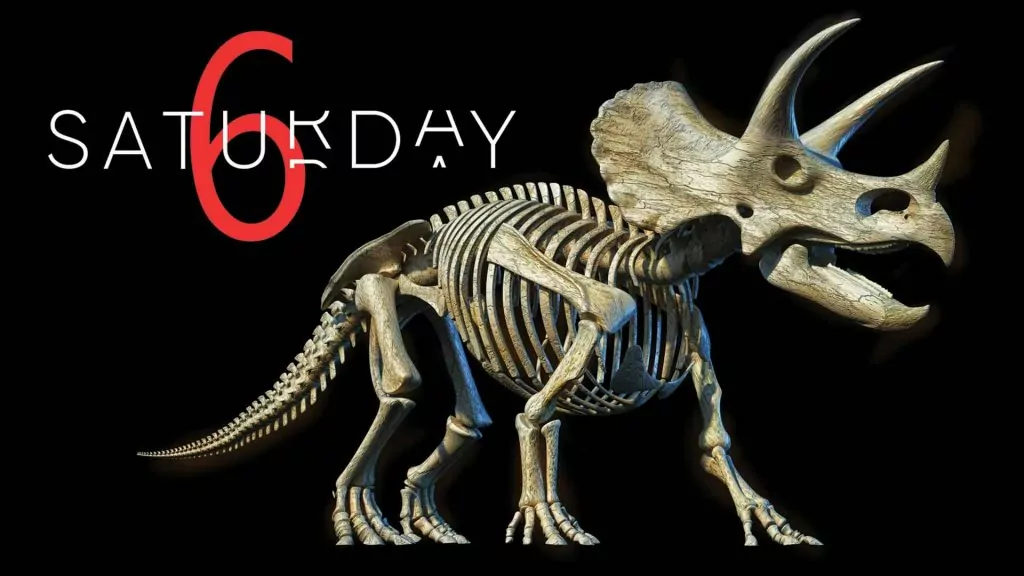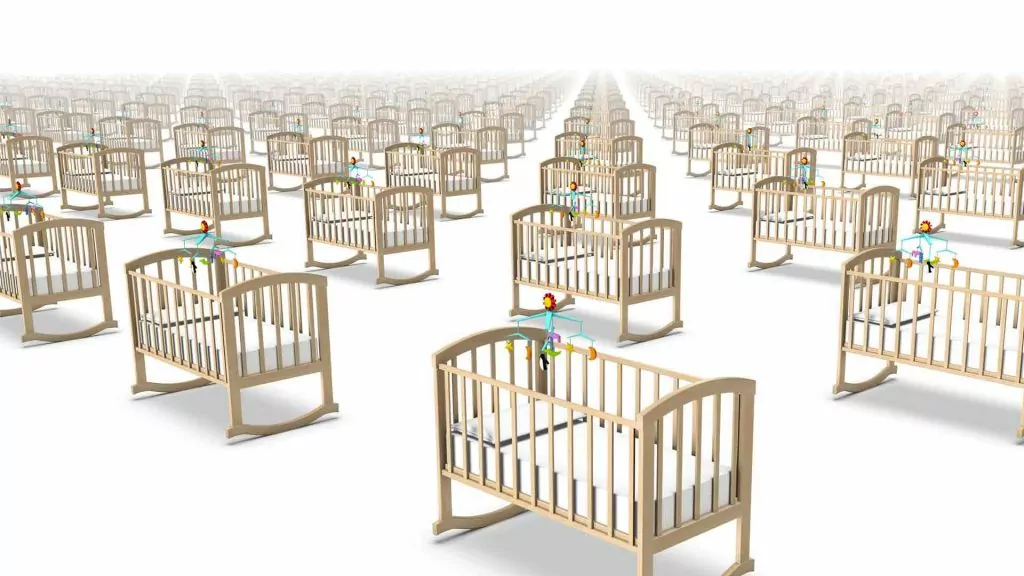Saturday Selection - Dec. 11, 2021
Conservatives allow Canada’s conversion therapy ban to pass with zero opposition
On November 29 the Liberals introduced a bill to ban conversion therapy. Under the pretense of protecting homosexuals from getting forcibly "converted" from their same-sex attraction, what the bill actually targeted was Christian pastors and counselors and others who are willing to help those who want out of the homosexual lifestyle. As Jonathon Van Maren writes in the article linked above:
"there were concerns that the deliberately broad definition proposed by Prime Minister Justin Trudeau’s Liberals would ban pastoral conversations between clergy and their parishioners and leave adults with unwanted same-sex attraction unable to receive the counseling they desired. In fact, in some instances parents could be prevented from opposing sex changes for their own children."
This was actually the third time the Liberals had introduced such a bill, but the previous two had been derailed by the months-long process that it takes to get a bill approved. The previous attempt, then labeled Bill C-6, was introduced on September 23, 2020, and took nine months, until June 22, 2021, to pass through the committee hearings and the three readings required in the House of Commons. It was then given to the Senate for their own three-stage assessment process, but they didn't have a chance to pass it before the Prime Minister called an election on August 15. His election call meant that Bill C-6 (along with all the other bills not yet passed) "died on the order paper."
Bill C-4 might have had to go through this same process, and in the months and even years that it could have taken, who knows but that it could have been derailed yet once more. But on Dec. 1 Conservative Leader Erin O-Toole told the media that his party was going to accelerate the passage of the government's bill. Later that same day Conservative MP Rob Moore put forward a motion to skip all the House committees and readings, and send the bill directly and immediately to the Senate. His motion required unanimous approval to pass – if a single MP had voiced a nay, the motion wouldn't have passed. How could the Conservatives have expected to get that unanimity when there had been 63 MPs willing to vote against Bill C-6 earlier this year? Of that number 62 were Conservative MPs and the other was former Conservative Derek Sloan. So why would they expect to have no opposition this time around?
Their confidence might have been, in part, due to the timing of their motion. Conservative MP Garnett Genius was the most vocal opponent of the previous Bill C-6, launching the website "Fix the Definition" to put a face to the people this bill would harm. But on December 1, Genuis was out of the country, attending a NATO conference in Latvia.
The Conservative strategy also involved pulling a fast one on their other MPs. As the video below shows, the motion was made and passed in approximately one minute. They were able to do it so quickly because no one actually had to vote for the motion: the Speaker of the House only asked to hear from those opposed to it. When no one spoke up, it was passed. While many of the Conservatives were clearly in on this maneuver – those clapping wildly afterward clearly knew what was going on – any of the MPs unaware of what Rob Moore was about to do could have blinked and they would have missed it, it was over that fast. The same video shows that some of the Conservatives were not clapping, and remained sitting – the most downcast of them might have been Arnold Viersen (blue jacket, red tie, three rows from the back on the right side). In a statement he posted to Facebook ten days later, he explained that:
"...it was a surprise that caught me and some of my colleagues off guard. I am opposed to C-4 as written and should have said no, but I did not react fast enough. I'm sorry."
His post's comments were filled with thanks for his apology. It had been a mystery as to why a bill that criminalized the presentation of the Gospel would pass without any Christian MPs objecting. Now we had a partial explanation for the MPs' silence: this had been sprung on them.
Curiously, in the same post, Viersen suggested that: "Had we won the election we would not be in this situation."
Let's consider that for a moment. Wasn't it the Conservatives that just pulled this on us? We can be relieved that Garnett Genuis and Arnold Viersen have some sort of explanation or apology for why they didn't stand up against this bill, but the Conservative Party overall has no such excuse. Trudeau's Liberals introduced this bill, but it was O'Toole's Conservatives who accomplished what the Liberals never did: the Conservatives got it across the finish line.
It bears repeating just how wicked this bill is. As Jojo Ruba noted, while an earlier version of the bill at least "could not prevent consenting adults from having conversations about sexuality with their clergy or their counselor, as long as the counseling was free" this latest version removed even that protection. That's what the Conservative Party has accomplished under O'Toole: they've made the compelling case that they are not the lesser of two evils.
So where are politically-minded Christians to turn? Aren't the Conservatives still our only option? They are, after all, the only major party to tolerate pro-life Christians. That's true enough, but as the passage of this law highlights, tolerating pro-life Christians is very different from siding with them. If Christians are to be involved in the Conservative Party, it cannot be to further the party's agenda. We cannot let them use us for their ends. If Christians are to continue in the Conservative Party then they have to do so with their eyes wide open, involving themselves in the party only to use it for our own, godly ends. If it becomes impossible to do that, then that should be the end of our involvement. Christians should have no loyalty to a party that has no loyalty to God, and, indeed, in this latest act, stands directly in opposition.
Is A Christmas Carol a capitalist story?
Karl Marx was a self-professed fan of Charles Dickens, so many have labeled Dickens a socialist and have used his ever-popular seasonal classic A Christmas Carol as a condemnation of capitalism and consumerism. But Jacqueline Isaacs says it just isn't so.
"Science says" can be more about ideology than facts
The police, businessmen, and politicians aren't trusted like they once were, but we're still told to "just follow the Science." However, as John Stonestreet highlights in this article, Science can be driven more by ideology than the facts. For proof, we need to look no further than the gender debate. Here we have a self-evident truth – that we are created male and female – that "Science" denies and the Bible affirms (Gen. 1:27).
The proper use of biblical theology in preaching
"...sermons should not always (and probably should only rarely) recount the history of redemption. Rather they ought to be moments in which a preacher presents to a congregation some particular from that history in a focused and concentrated way in order to enable them by God’s grace to love God and their neighbor better." – Jay Adams
How I want to die
Gary North suggests looking forward to what sort of life lessons we'd want to share on our 70th birthday.
Johnny the walrus (4 min)
Matt Walsh is reading his new book about a boy who identified as a walrus and the mother who took him way too seriously.
If you don't believe that God has a sense of humor, consider what He arranged. On Amazon, it was slotted in the LGBTQ+ category where it then topped the best-selling list. That allowed Walsh to then tweet: "I now have the number one LGBT book in the country. Any further criticism of me or my book is now homophobic. Checkmate."
...































